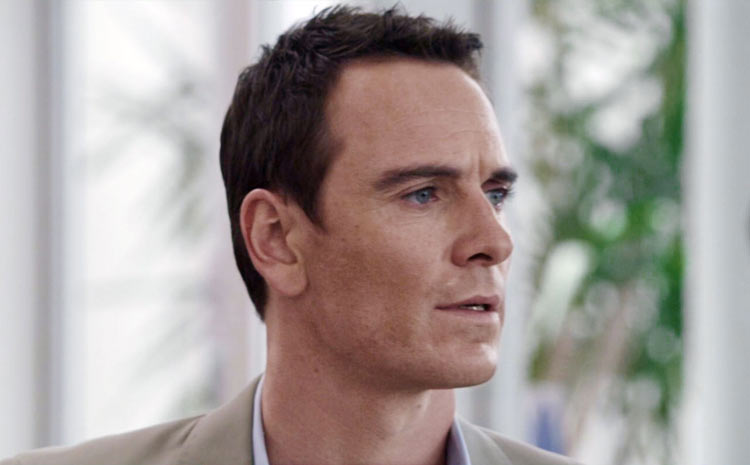
|

|

|

|

|

|

|

|

|

|

|


The German-born, Ireland-raised actor plays cruel plantation owner Epps in the period drama "12 Years a Slave," in which Brad Pitt, as a morally scrupulous carpenter, admonishes him that a more enlightened way of thinking is about to leave him in the dust.
And as the in-over-his-head lead character in Friday's release “The Counselor," Ridley Scott's drug-trafficking thriller based on Cormac McCarthy’s first original screenplay, Fassbender is a lawyer set straight by Pitt’s world-weary smuggler.
"Brad seems to be telling me like it is a lot lately," Michael said with a laugh. "I don't seem to listen."
Steve McQueen has cast him in all three of his films, including IRA prison tale "Hunger" and drama "Shame," and Fassbender has regularly worked with directorial royalty like Quentin Tarantino and David Cronenberg. Fassbender often elicits critical praise — the Los Angeles Times' Kenneth Turan said he "mesmerize(d)" as Carl Jung in Cronenberg's "A Dangerous Method" in 2011 — yet has never been nominated for an Oscar. In "The Counselor," the actor plays as an unnamed, smooth-talking attorney. Deeply in love with his fiancee (Penelope Cruz), he decides to try to make an even better life for the couple than his upper-middle class profession allows and orchestrates a drug-smuggling deal. He’s soon foiled by unexpected forces, and the walls begin to close in.
"To me this is a story of greed, a man who's living a good life but wants an even better one," Michael said. The movie shows him in one of his signature acting poses: suave and swaggering with flashes of vulnerability, searingly intense but not prone to wild displays of emotion.
Fassbender has a kind of turn-it-on intensity that's in stark contrast to the so-called method approach favored by a number of other dramatic actors (think Daniel Day-Lewis' living as Abraham Lincoln to play the 16th president in Steven Spielberg's 2012 film). He has developed a reputation for joking around with the crew, then snapping into the scene. "Michael is blessed with a great crystal intuition. He'll say, 'I don't want to practice; I just want to do it,'" Scott said. "And five minutes later he's giving you a fantastic scene. It's like watching Federer or Nadal. You don't know how they do it. You just like watching it."
Don't be fooled by the transformations, he said; those intense scenes can overwhelm him. In one particularly difficult "12 Years" moment, he recalled, he became so invested he briefly passed out. And in "Counselor," he found himself unexpectedly breaking down, crying during a scene where a jefe is telling him what's about to befall him. "It just happened. I'm still not sure how," he said.
